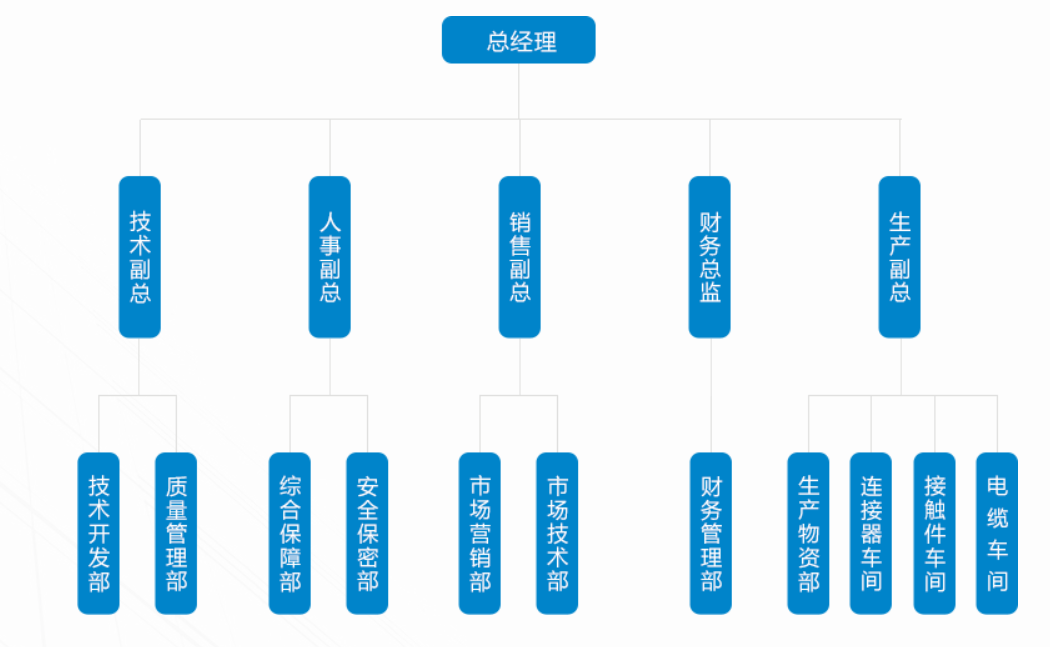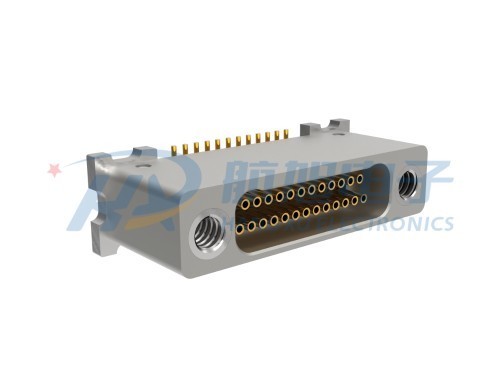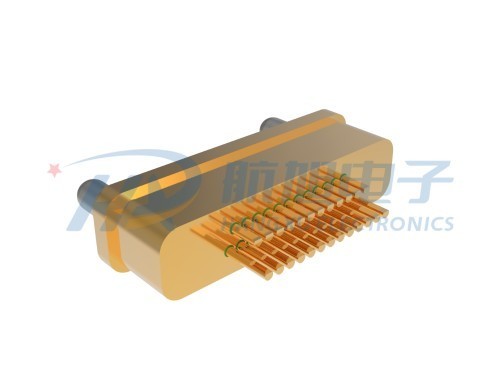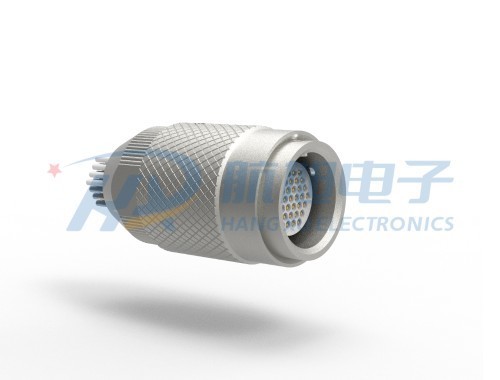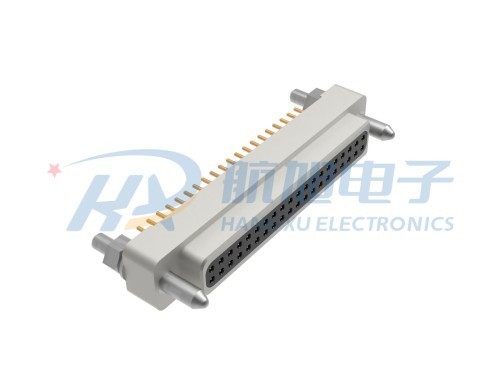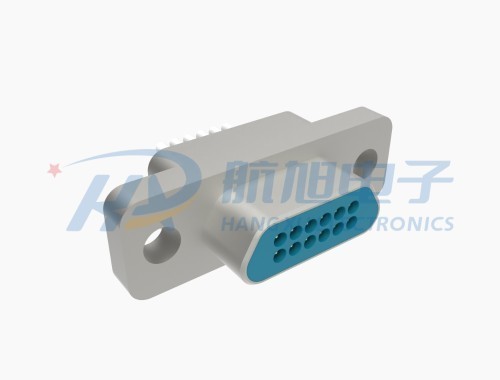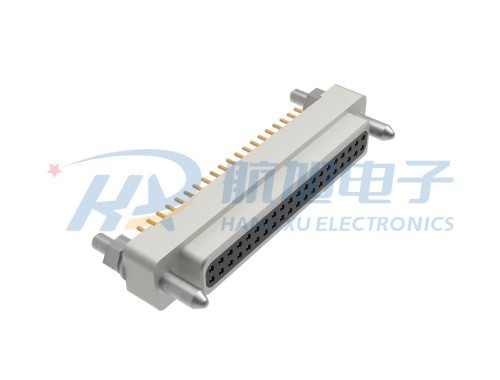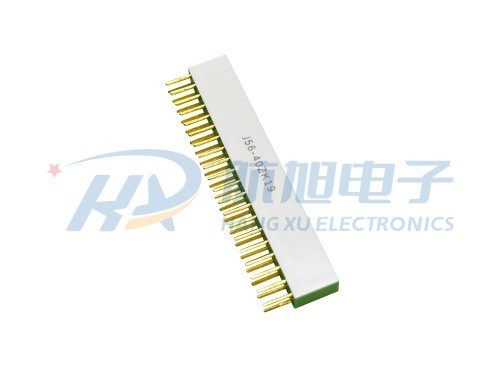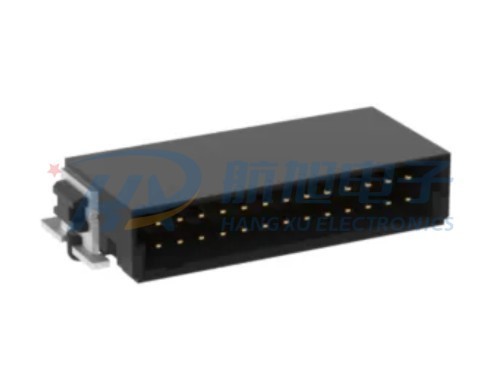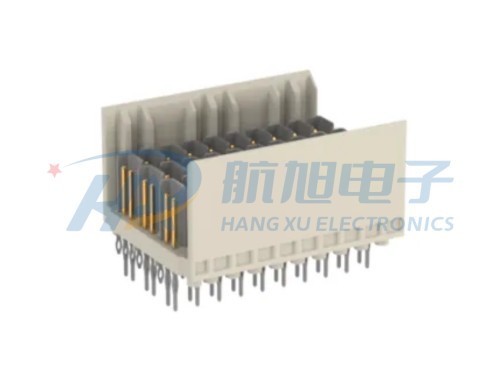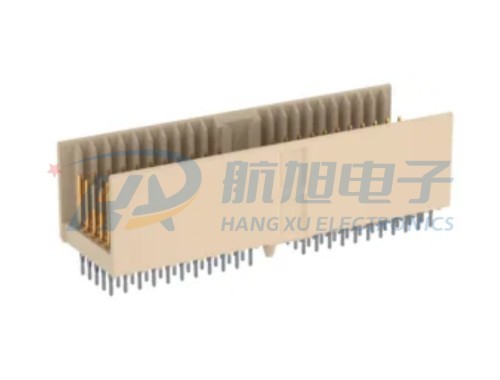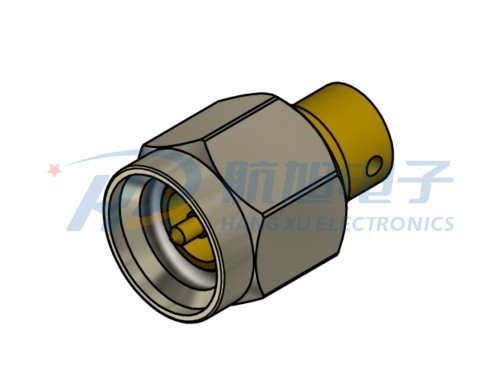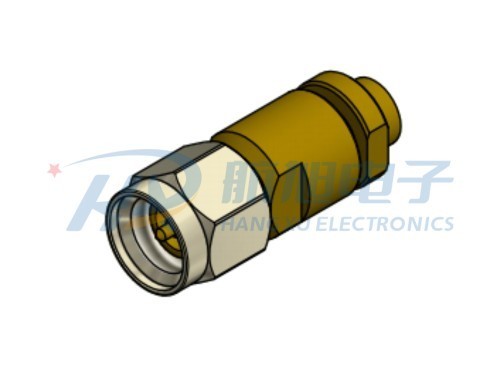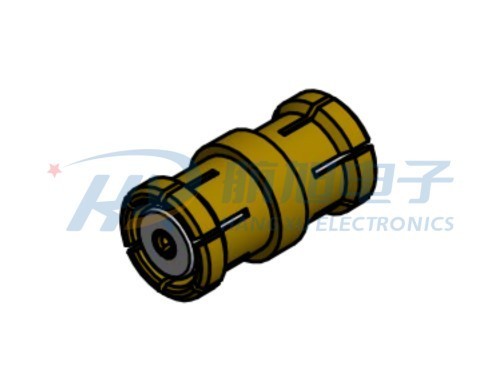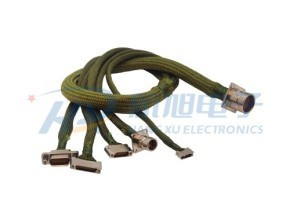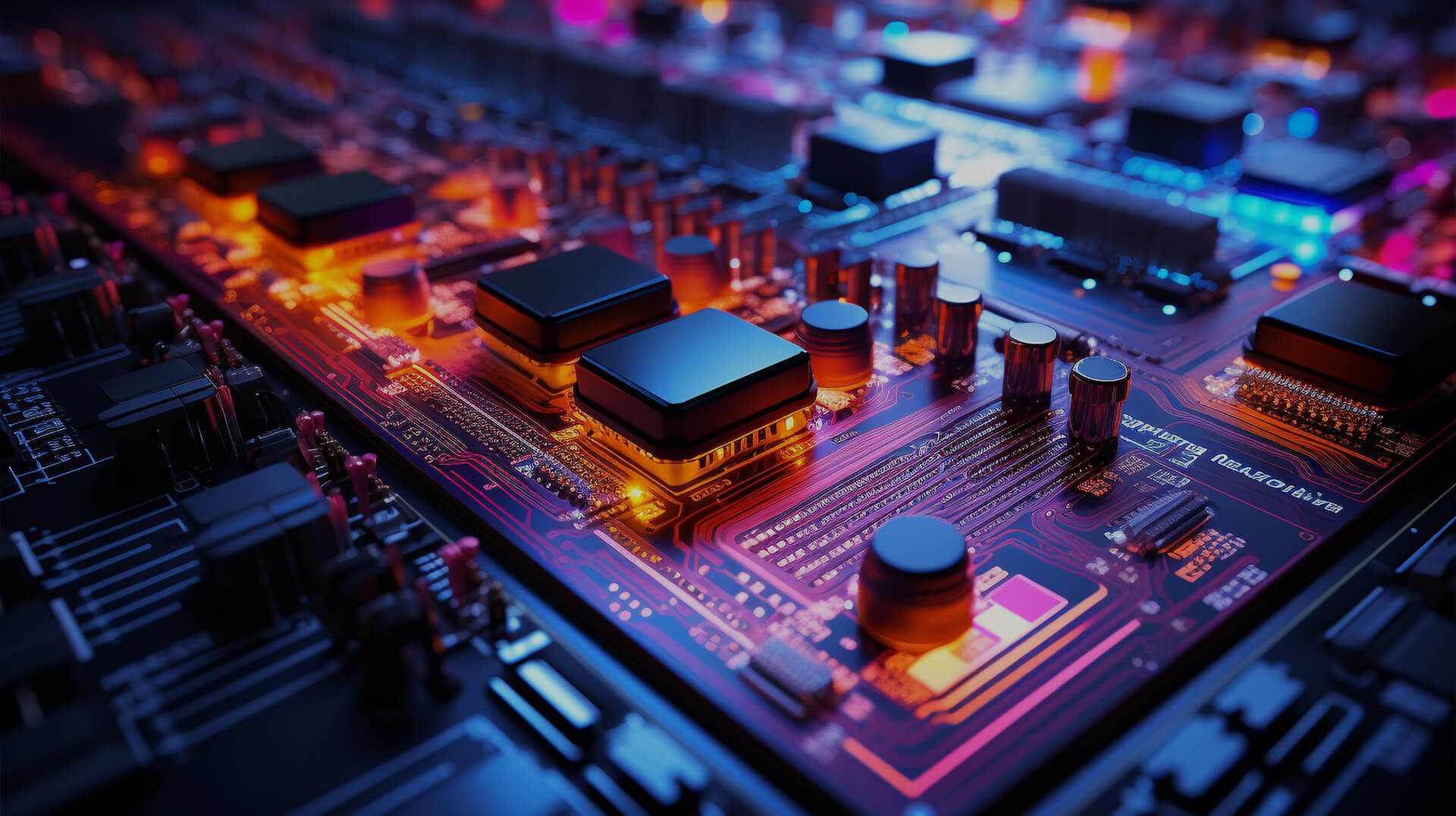-
-
Nano-D ConnectorsMicro-D ConnectorsNano Circular ConnectorsMicro Circular ConnectorsHigh Speed ConnectorsReetangular ConnectorsPCB Mount ConnectorsAirtight ConnectorsRF ConnectorsCable AssembliesElectronic Control Module
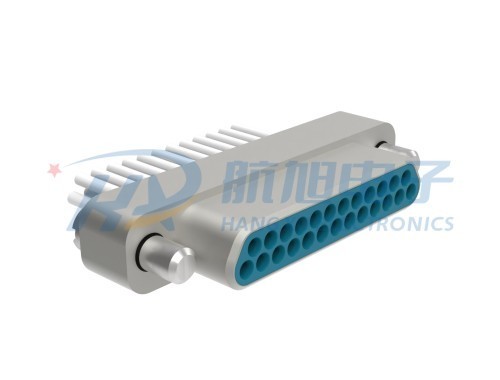 J30JZ Compact Micro-D Connectors
J30JZ Compact Micro-D Connectors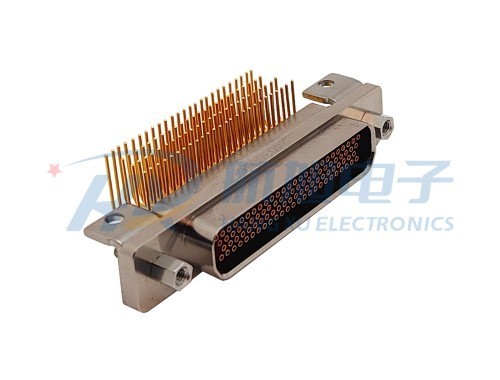 J30J Micro-D Connectors
J30J Micro-D Connectors J20J Micro-D Connectors
J20J Micro-D Connectors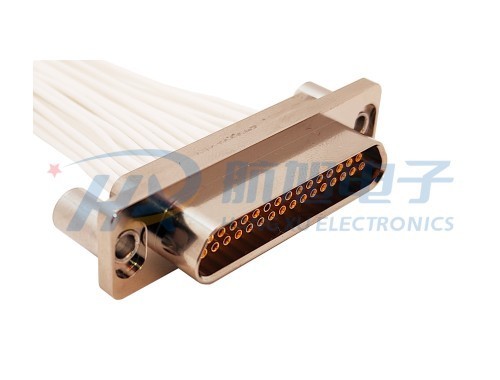 J29A Micro-D Connectors
J29A Micro-D Connectors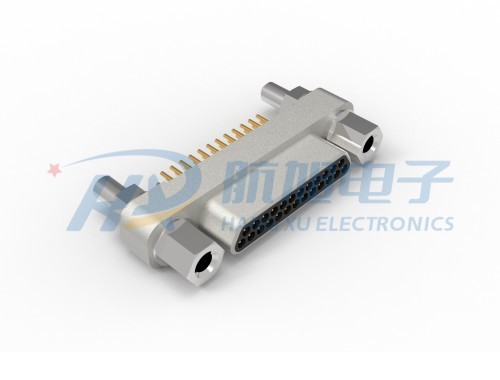 MDM1 Micro-D Connectors
MDM1 Micro-D Connectors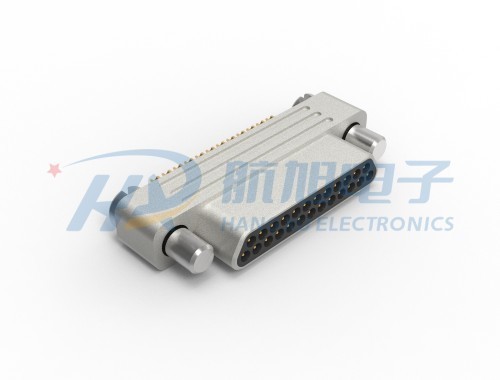 MDC1 Micro-D Electrical Connector
MDC1 Micro-D Electrical Connector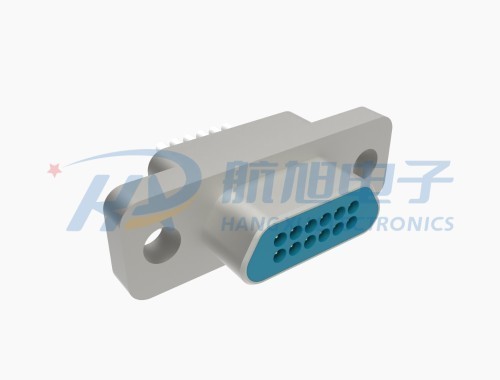 HJ30J High-Speed Micro-D Connectors
HJ30J High-Speed Micro-D Connectors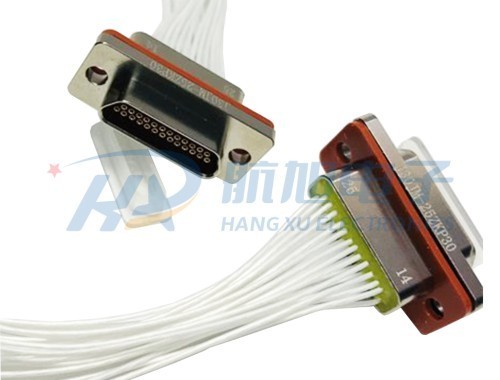 J30JM Hermetic Sealed Micro-D Connectors
J30JM Hermetic Sealed Micro-D Connectors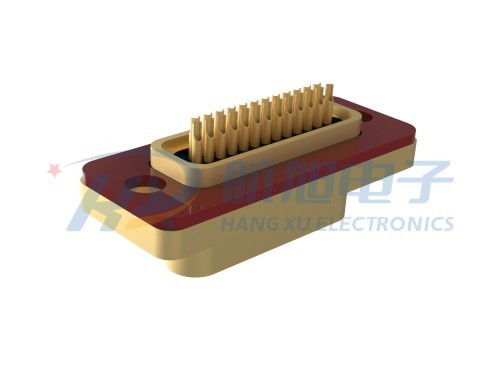 J30JM1 Gas Sealed Micro-D Connectors
J30JM1 Gas Sealed Micro-D Connectors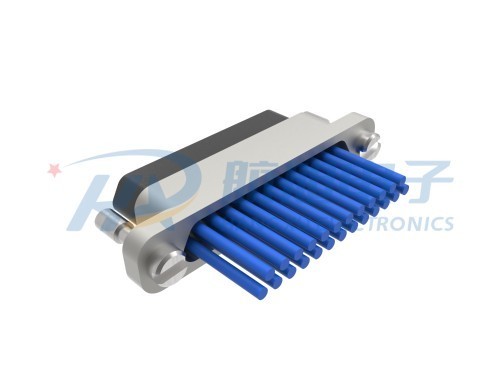 J30JB Micro-D Connectors
J30JB Micro-D Connectors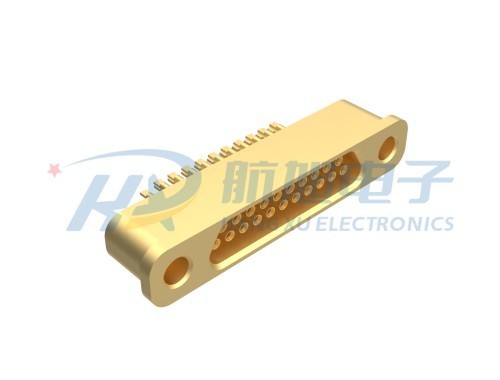 J30JMI Gas Sealed Micro-D Connectors
J30JMI Gas Sealed Micro-D Connectors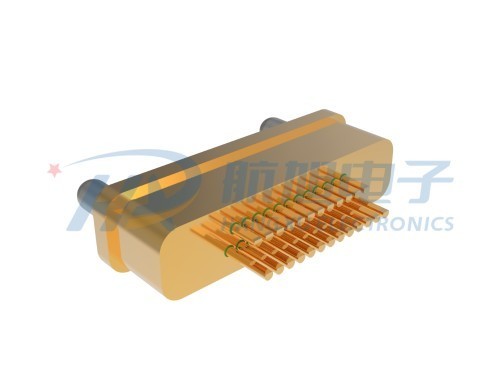 J63AM Micro Electrical Connector
J63AM Micro Electrical Connector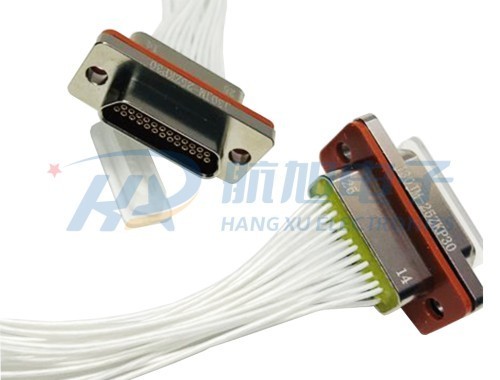 J30JM Hermetic Sealed Micro-D Connectors
J30JM Hermetic Sealed Micro-D Connectors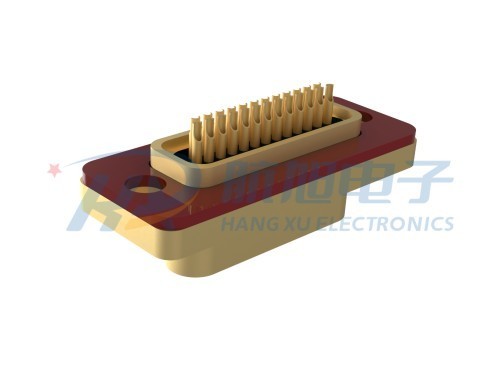 J30JM1 Gas Sealed Micro-D Connectors
J30JM1 Gas Sealed Micro-D Connectors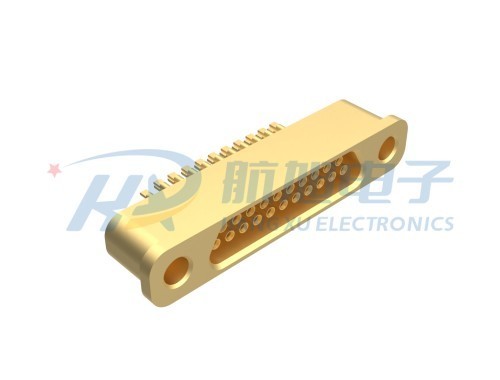 J30JMI Gas Sealed Micro-D Connectors
J30JMI Gas Sealed Micro-D Connectors DC Single Core Insulator
DC Single Core Insulator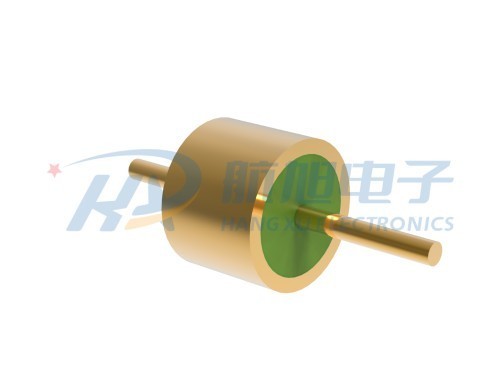 DC insulator series
DC insulator series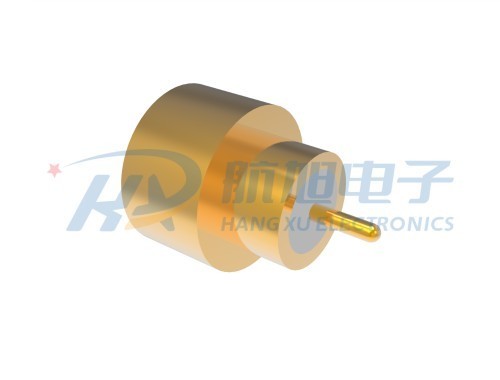 SMP(M)
SMP(M)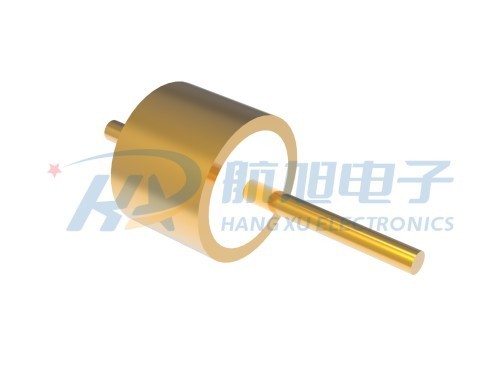 RF insulator
RF insulator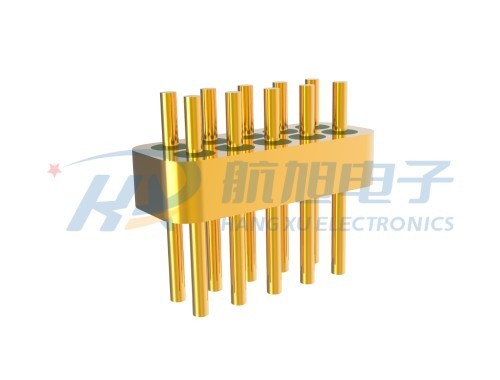 MDCS tandem
MDCS tandem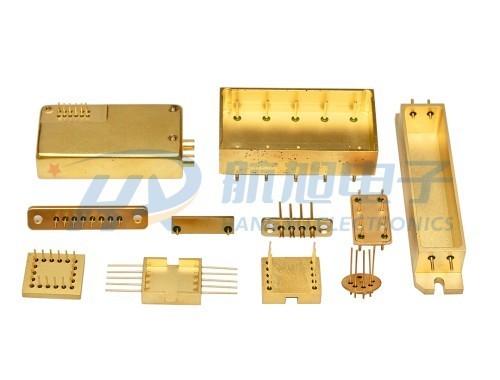 Metal sealing
Metal sealing -
-
Hangxu electronic Technology
In 2022, it was recognized as a high-tech enterprise by Guizhou Province
Understanding PCB Mount Connectors: A Key Component in Electrical Engineering
2025-07-28
PCB mount connectors are crucial components in electrical and electronic systems, serving as interfaces for connecting different circuit boards and components. These connectors are specifically designed to be mounted directly onto a printed circuit board (PCB), which helps streamline the assembly process and ensures robust electrical connections. Their design allows for easy integration into various applications, from consumer electronics to industrial machinery.
One of the primary advantages of PCB mount connectors is their space-saving design. By being directly soldered onto the PCB, they reduce the need for additional wiring and connectors. This compactness is particularly beneficial in modern electronic devices where size and weight are critical factors. As a result, PCB mount connectors contribute to the overall efficiency and reliability of the product.
There are several types of PCB mount connectors, each catering to different needs and applications. Some popular variations include through-hole connectors, surface-mount connectors, and modular connectors. Through-hole connectors feature pins that are inserted into drilled holes on the PCB, providing a strong mechanical bond. Surface-mount connectors, on the other hand, are placed directly onto the surface of the PCB, allowing for a flatter profile and easier automated assembly. Modular connectors offer versatility, allowing users to customize connections based on specific requirements.
When selecting PCB mount connectors, it is essential to consider factors such as the application environment, electrical specifications, and mechanical durability. For instance, connectors used in high-vibration environments should be robust and resistant to wear. Additionally, understanding the electrical current and voltage ratings is vital to ensure optimal performance and prevent failures.
The installation process of PCB mount connectors can vary based on the type chosen. Through-hole connectors typically require soldering, while surface-mount connectors can be soldered using reflow techniques. Proper installation is crucial to maintain the integrity of the electrical connections and prevent issues such as shorts or signal loss.
In summary, PCB mount connectors play an indispensable role in modern electrical engineering, providing reliable and compact solutions for connecting circuit boards. With various types available, it is essential to choose the right connector for your specific application to ensure longevity and performance. Understanding the characteristics and advantages of PCB mount connectors can help professionals make informed decisions in the design and assembly of electronic systems.
One of the primary advantages of PCB mount connectors is their space-saving design. By being directly soldered onto the PCB, they reduce the need for additional wiring and connectors. This compactness is particularly beneficial in modern electronic devices where size and weight are critical factors. As a result, PCB mount connectors contribute to the overall efficiency and reliability of the product.
There are several types of PCB mount connectors, each catering to different needs and applications. Some popular variations include through-hole connectors, surface-mount connectors, and modular connectors. Through-hole connectors feature pins that are inserted into drilled holes on the PCB, providing a strong mechanical bond. Surface-mount connectors, on the other hand, are placed directly onto the surface of the PCB, allowing for a flatter profile and easier automated assembly. Modular connectors offer versatility, allowing users to customize connections based on specific requirements.
When selecting PCB mount connectors, it is essential to consider factors such as the application environment, electrical specifications, and mechanical durability. For instance, connectors used in high-vibration environments should be robust and resistant to wear. Additionally, understanding the electrical current and voltage ratings is vital to ensure optimal performance and prevent failures.
The installation process of PCB mount connectors can vary based on the type chosen. Through-hole connectors typically require soldering, while surface-mount connectors can be soldered using reflow techniques. Proper installation is crucial to maintain the integrity of the electrical connections and prevent issues such as shorts or signal loss.
In summary, PCB mount connectors play an indispensable role in modern electrical engineering, providing reliable and compact solutions for connecting circuit boards. With various types available, it is essential to choose the right connector for your specific application to ensure longevity and performance. Understanding the characteristics and advantages of PCB mount connectors can help professionals make informed decisions in the design and assembly of electronic systems.
Related Documents
Related News
Hotline/WhatsApp:+86-185-8685-2255
Hotline:
Address: No. 6, Xiaomeng Industrial Park, Economic Development Zone, Guiyang City, Guizhou, China

Official Website

WeChat Customer Service
SAF Coolest v1.3 设置面板 TUQSD-ZDBH-ZXSSE-ASE
图片ALT信息: Guizhou Hangxu Electronic Technology
违禁词: First, best, first-class, leading, unique, king, leader, leader, extreme,
无数据提示
Sorry, the current column has no content for the time being.!
You can view other columns or returnHome Page




